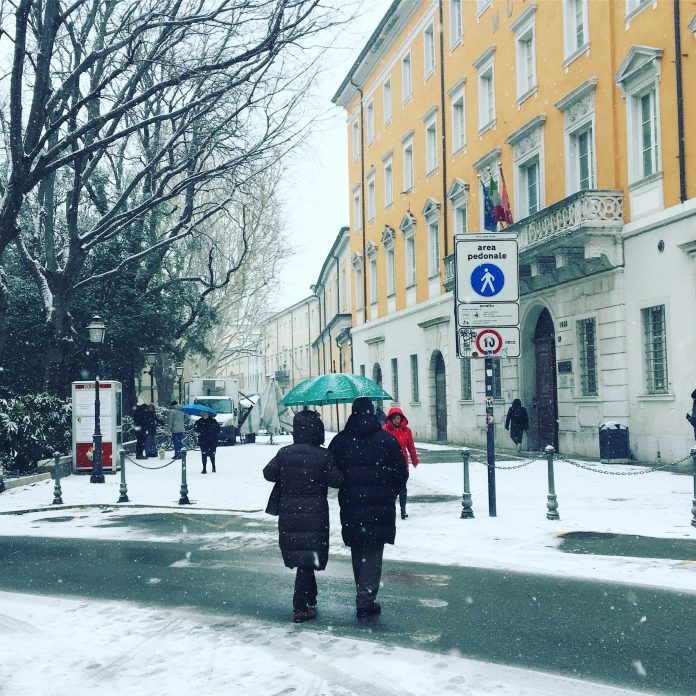by EH
The regional government of Friuli Venezia Giulia has strongly refuted claims made in a recent environmental report regarding artificial snow production, dismissing the findings as unverified and misleading.
Sergio Emidio Bini, the region’s Councilor for Productive Activities and Tourism, responded to Legambiente’s Nevediversa report, which raised concerns about the sustainability of artificial snow production in the Alpine region. Bini insisted that the figures cited in the report lacked a credible source and misrepresented the reality of the region’s winter tourism industry.
“In a changing climate, PromoTurismoFVG has ensured the efficient and forward-thinking management of our ski facilities,” Bini stated. “Thanks to strategic investments over the past six years, we have significantly improved the quality of our slopes and services, leading to unprecedented growth in tourism and the local economy. This season alone, we expect to reach a record 900,000 first-time entries at our ski lifts.”
Bini categorically denied allegations of excessive water use for snow production, emphasizing that artificial snowmaking expenditures had actually decreased. “There is no forced water extraction, and over the past five years, PromoTurismoFVG has spent 37% less on artificial snow than the figures presented by Legambiente,” he said.
He also highlighted that, contrary to claims made by opposition politicians, Friuli Venezia Giulia remains one of the most responsible regions in the Alpine arc regarding ski infrastructure management. “The number of decommissioned ski facilities has remained unchanged for seven years, and the last significant closures date back to the early 2000s,” Bini noted. “Currently, only one facility is temporarily closed, and the number of abandoned buildings in ski areas has been reduced from eight to four as of 2025.”
Bini further argued that regional investments in winter tourism have had a profound economic impact on mountain communities. “Snow tourism funding supports hospitality, restaurants, and commercial businesses, which are almost twice as prevalent in mountain areas compared to the regional average—17.2% versus 9.4%, according to the Pordenone-Udine Chamber of Commerce,” he explained. “Moreover, the number of businesses operating in Friuli Venezia Giulia’s mountain areas has grown consistently over the past three years, reversing a decade-long decline.”
The Nevediversa report has sparked debate over the future of artificial snow and ski infrastructure in an era of climate change, but the regional government remains firm in its stance that investments in mountain tourism continue to yield significant economic benefits.





























